Pollution Has Worked Its Way Down To The World’s Deepest Waters
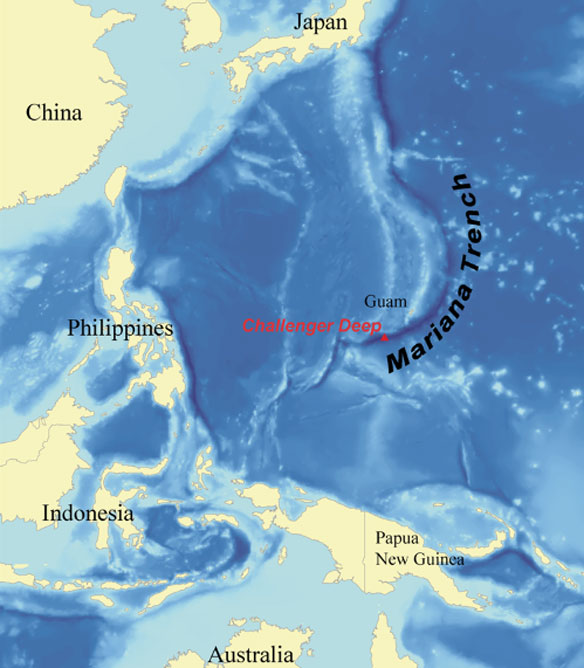
The Mariana Trench in the northern Pacific is the deepest part of the world’s oceans. You might think a place that remote would be untouched by human activity. But the Mariana Trench is polluted.
The Dangers of Surfing After a Rain
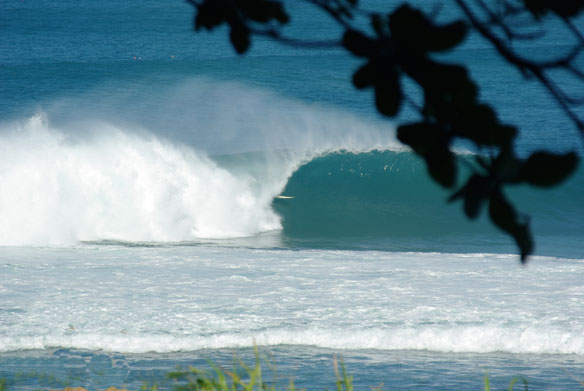
To surf, or not to surf. That’s the question many of us frequently face, when a deluge falls from above, surface streets are lined with tributaries, and bacterial runoff rushes towards the ocean. The Surfrider Foundation just completed a three-year study exploring the dangers of surfing during or after a rain.
Whale found dying off coast of Norway with 30 plastic bags in its stomach
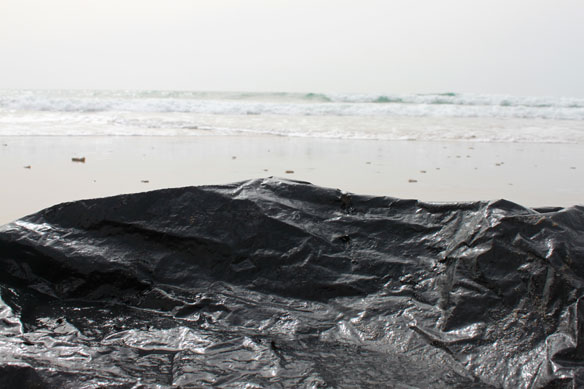
Scientists in Norway found more than 30 plastic bags and other plastic waste inside the stomach of a whale stranded off the coast.
Increasing factory and auto emissions disrupt natural cycle in East China Sea
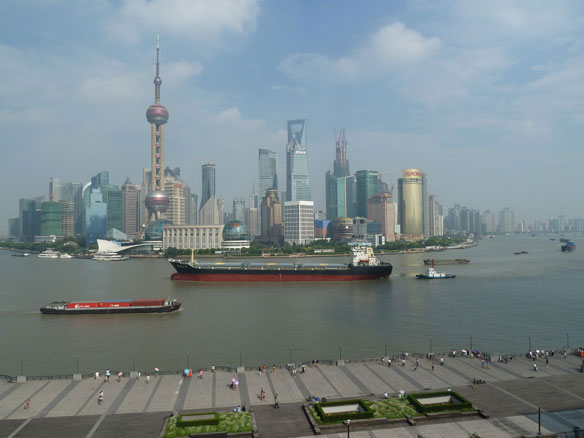
China’s rapid ascent to global economic superpower is taking a toll on some of its ancient ways, patterned around the vast fisheries of the East China Sea. But now those waters are increasingly threatened by human-caused, harmful algal blooms that choke off vital fish populations.
Substance in crude oil harms fish hearts, could affect humans as well
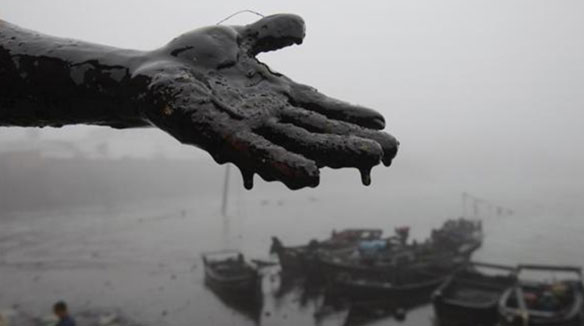
Exposure to oil can cause severe cardiovascular effects in fish. Experiments provide direct evidence of how phenanthrene, an oil pollutant found in water, air and soil, causes irregular heartbeat and weaker contractions of heart cells.
Oil: Keeping Atlantic Drilling Ban Meets Climate Goals

With much of the Atlantic and Arctic waters no longer up for grabs for offshore drilling, the U.S. is on the right track to keep global warming below 2 degrees Celsius by 2040.
Kenya: Marine debris threaten to suffocate sea animals
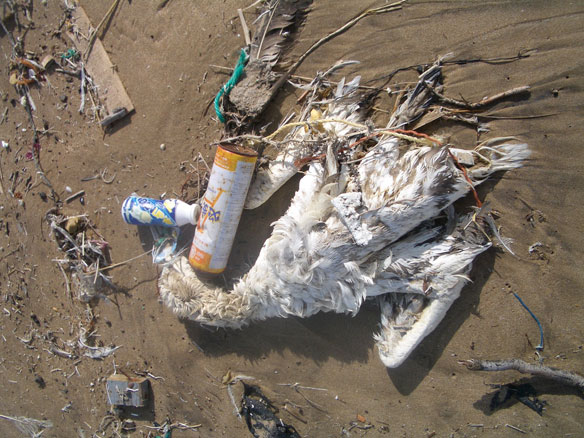
Marine researchers spotted a dolphin suffocating in a plastic bag last week in Watamu, Kenya. The incident, the first to be witnessed there, has raised concern on the safety of the millions of sea animals in the Indian Ocean waters due to the increased cases of plastic waste.
Plastic you can drink: A solution for pollution?
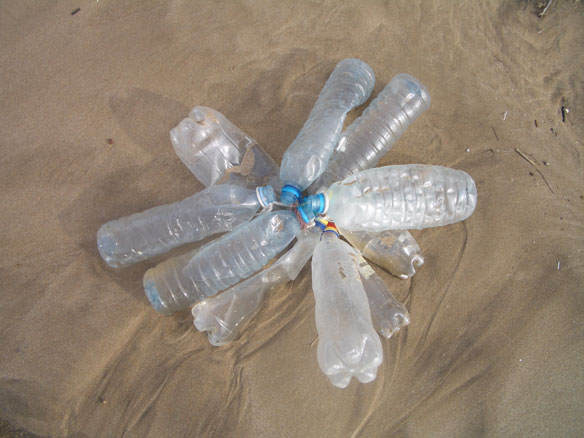
Entrepreneurs from Bali, studied the emerging field of bioplastics and devised their own recipe using cassava starch, vegetable oil, and organic resins. The resulting “100% bio-based” material was biodegradable and compostable, breaking down over a period of months on land or at sea, or instantly in hot water.
Christmas Revelers Leave 15 Tons of Trash on Australian Beach
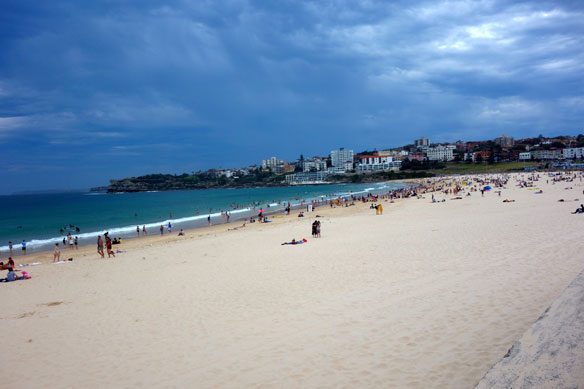
Coogee beach – a popular destination in the Sydney suburb for backpackers on Christmas Day – was left strewn with a reported 15 tonnes of garbage by an estimated 10,000 resellers…
